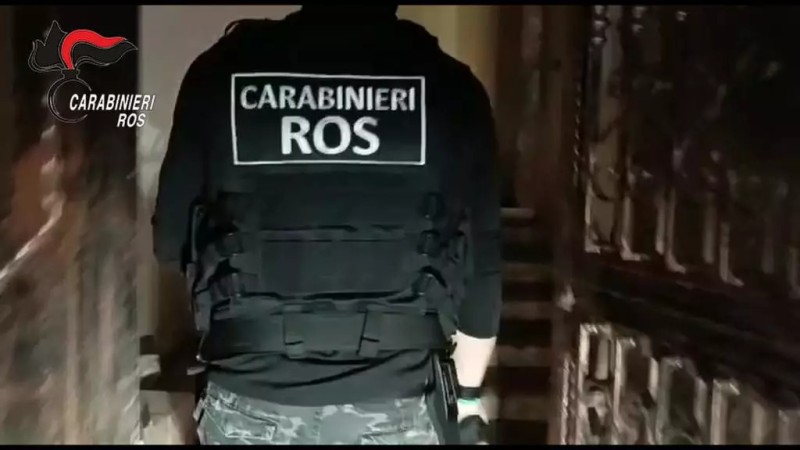In an operation coordinated by Europol and Eurojust, over 1,000 police officers from Italian, German, and Austrian law enforcement took part in the operation that dismantled the Italian poly-criminal network located in Crotone, a city in the Italian region of Calabria, where they were exploiting public positions, according to Europol.
The EU law enforcement agency also stated that 16 firms, 25 real estate assets, and 15 cars worth more than five million euros (US$5.47 million) were confiscated during the operation, which involved the use of special troops, drones, canine units, and several helicopters.
"Among the detainees, who are predominantly of Italian nationality and include German and Austrian nationals, is a High-Value Target believed to be a key player in this particular criminal structure," read the statement.
The investigation revealed that this specific branch of the 'Ndrangheta mafia was able to rig local elections in Calabria by placing its members in key administrative and political positions to dominate and exploit the province.
"Extortion and violence were part of the clan's modus operandi. In order to impose the syndicate's authority, its kingpin even ordered a homicide in 2014," according to Europol.
Apart from establishing a network in Italy through which the gang was able to influence public procurement procedures in the country, resulting in the exploitation of at least three million euros ($3.28 million) in European Union funding, it also extended its reach globally.
Investigators, according to Europol, established that the suspects were able to set up complex global money laundering networks using key facilitators such as hackers.
It detailed how German hackers were able to scam the financial system and operate on secret trade platforms to launder criminal funds.
"Proceeds from the criminal enterprise were also laundered through connections in greengrocers, restaurants, gambling establishments, as well as the security, transportation, construction, and real estate industries, respectively," Europol's statement read.



